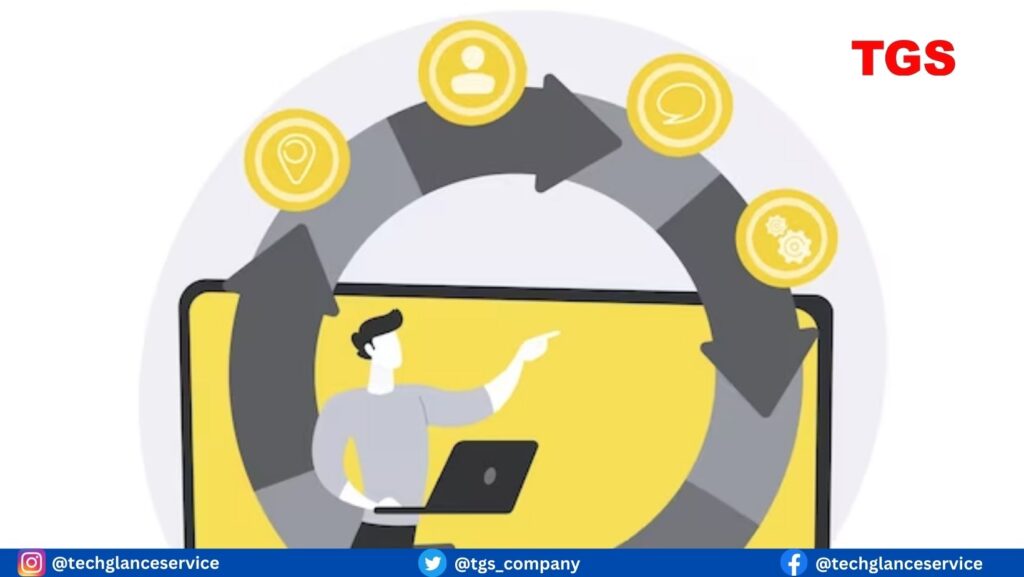
Scope and Lifetime of Variables in Python: A Comprehensive Guide
Introduction
Python, a versatile and powerful programming language, is widely known for its simplicity and readability. As you embark on your journey to become a proficient Python developer, understanding the scope and lifetime of variables is crucial. In this comprehensive guide, we’ll demystify this fundamental concept, breaking it down into easily digestible sections.
Understanding Variable Scope
What is Variable Scope in Python?
Variable scope refers to the region of code where a variable is accessible. In Python, there are two main types of variable scope: global and local. Global variables are accessible throughout the entire program, while local variables are confined to the specific block of code in which they are defined.
Global Variables
Global variables are defined outside of any function or block and can be accessed from anywhere within your code. They have a lifetime that lasts as long as the program is running.
Local Variables
Local variables, on the other hand, are defined within a function or a specific block of code. They have a limited scope, only accessible within the block where they are defined. Once the function exits, these variables cease to exist.
The LEGB Rule
Python follows the LEGB rule to determine the scope of a variable. LEGB stands for Local, Enclosing, Global, and Built-in. It specifies the order in which Python searches for a variable. It first looks for the variable locally, then in enclosing functions or blocks, followed by global variables, and finally in built-in names.
Variable Lifetime
How Long Do Variables Last in Python?
Variable lifetime in Python depends on whether the variable is global or local. Global variables persist throughout the entire program’s execution, as they are created when the program starts and destroyed when it ends.
Local Variable Lifetime
Local variables have a shorter lifespan. They are created when the function or block is entered and destroyed when the function exits or the block is exited. This makes local variables ideal for temporary storage of data within a specific context.
Scope and Lifetime of Variables in Python
Now, let’s delve deeper into the intricacies of variable scope and lifetime in Python. We’ll explore some common scenarios and best practices for managing variables effectively.
Avoiding Variable Name Clashes
When working with both global and local variables, it’s essential to choose distinct and meaningful names to prevent clashes. Clashes can lead to unexpected behavior and errors in your code.
Utilizing the ‘global’ Keyword
Python allows you to modify global variables from within a function using the ‘global’ keyword. This can be helpful when you need to update a global variable’s value from within a local scope.
Garbage Collection
Python includes an automatic garbage collection mechanism that helps manage memory efficiently. It identifies and reclaims memory occupied by variables that are no longer in use.
FAQs
What is the main difference between global and local variables?
Global variables are accessible throughout the entire program, while local variables are limited to the block in which they are defined.
Can a local variable have the same name as a global variable?
Yes, a local variable can have the same name as a global variable, but it will be treated as a separate entity within its local scope.
How can I modify a global variable from within a function?
You can use the ‘global’ keyword to modify a global variable from within a function, allowing you to update its value.
What happens to local variables when a function exits?
Local variables are destroyed when a function exits, freeing up memory and ensuring data isolation between functions.
Is it possible to access a local variable outside of the function where it’s defined?
No, local variables are confined to the specific function or block in which they are defined and cannot be accessed from outside.
How does Python handle variable scope and lifetime?
Python uses the LEGB rule to determine variable scope and automatically manages variable lifetime through garbage collection.
Conclusion
In the world of Python programming, understanding the scope and lifetime of variables is paramount. It’s a fundamental concept that empowers you to write efficient, error-free code. By grasping the nuances of variable scope and lifetime, you’ll be better equipped to harness the full potential of Python.
As you continue your Python journey, remember that proper variable management is a cornerstone of good coding practices. Embrace the power of global and local variables, and make them work for you in your Python projects.
To Read More Articles Click Here
For Our Main Website Click Here



